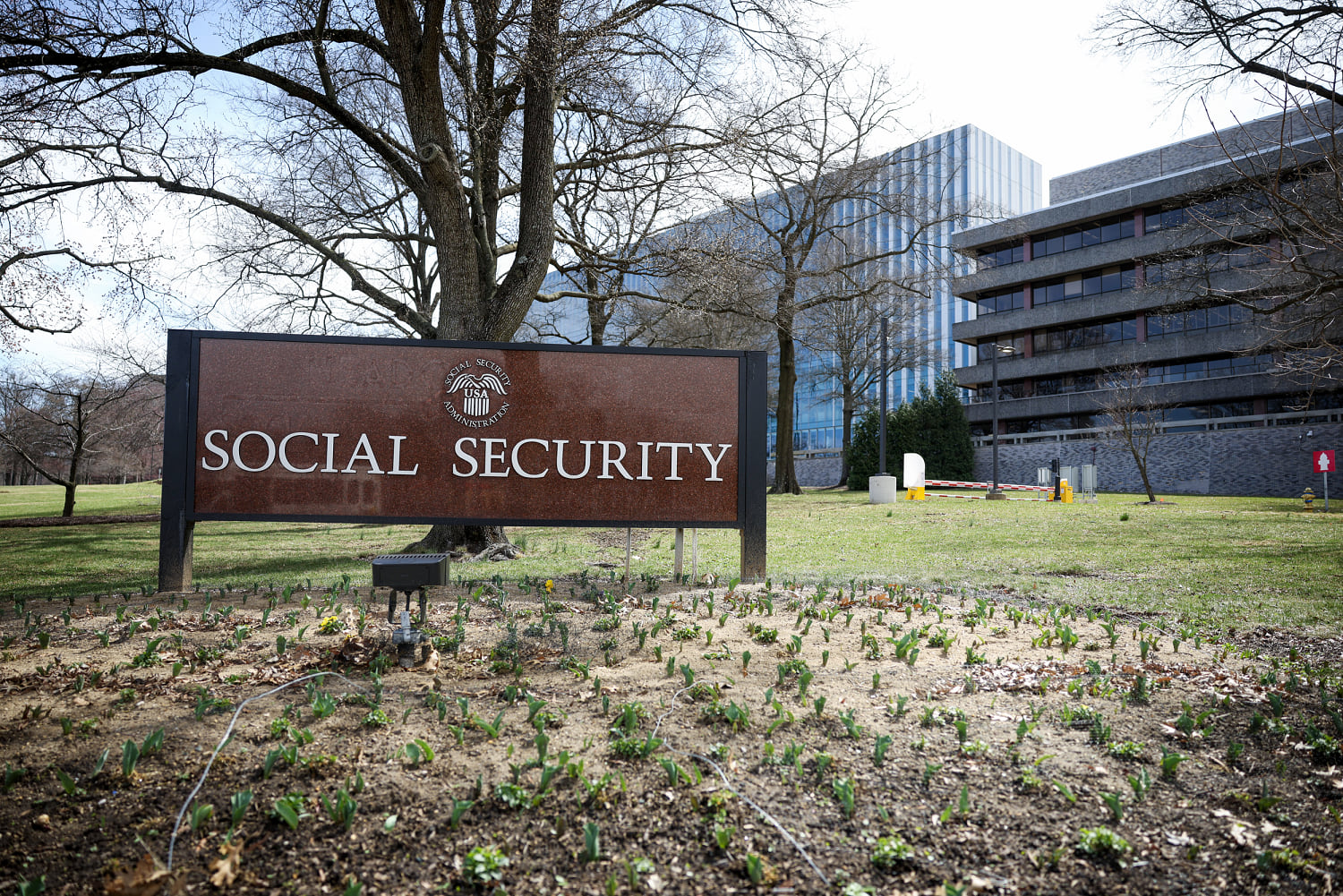In a significant policy shift, the Trump administration has abandoned plans to withhold Social Security payments from recipients over past overpayments caused by government mistakes. The reversal spares beneficiaries from potential financial hardship due to errors they did not cause.
Trump administration caves on controversial Social Security clawbacks

Key Takeaways:
- Policy Reversal on Social Security Clawbacks
- Initial Plan to Withhold Payments from Recipients
- Overpayments Were Due to Government Mistakes
- Reversal Protects Beneficiaries from Financial Strain
Trump Administration Reverses Course on Social Security Clawbacks
Introduction
The Trump administration has reversed a controversial policy that would have affected millions of Social Security recipients. The agency had initially sought to withhold monthly payments from individuals who had been overpaid due to government mistakes in the past.
Background of the Clawback Policy
Originally, the Social Security Administration planned to reduce the monthly benefits of recipients to recoup funds overpaid because of administrative errors. These overpayments were not the fault of the beneficiaries, yet the proposed policy placed the burden of repayment on them.
Effects on Beneficiaries
Had the policy been implemented, many recipients relying on Social Security as a primary source of income might have faced financial hardship. The withholding of payments could have disrupted budgets and strained the finances of those already managing on fixed incomes.
Reasons Behind the Reversal
While specific reasons for the policy reversal have not been detailed, the decision suggests a response to concerns about fairness and the potential negative impact on beneficiaries. Acknowledging that the overpayments were due to government mistakes, the administration’s change protects recipients from undue financial strain.
Conclusion
The decision to abandon the plan for Social Security clawbacks marks a significant relief for beneficiaries who stood to be affected by the reductions. It underscores the importance of government accountability and the need to safeguard the financial well-being of those dependent on these critical benefits.











